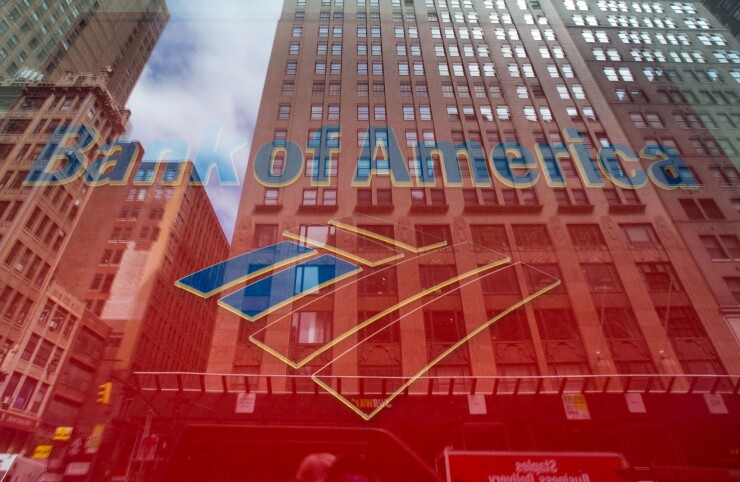A torrent of fund outflows has taken Bank of America’s contrarian bull and bear indicator to a two-year low, pushing it closer to a buy signal for risk assets.
Emerging-market equity, financials and investment-grade funds have suffered their biggest exodus since late 2016 as trade tensions and tighter monetary policy spur investors to separate the wheat from the chaff.

“At the moment, you’re seeing this unwind of the euphoria from January but nothing is so stretched that it’s a full buy signal,” Tommy Ricketts, a global investment strategist at the bank said. “You’d have to see things really deteriorate.”
Investors pulled $7.7 billion from emerging-market equity and investment-grade credit funds in the week to June 20 since late 2016, according to BofA, citing EPFR Global data. Withdrawals from developing-nation and high-yield debt continued for the ninth and seventh consecutive week, respectively, reaching $3 billion combined.
-
Concerns came into focus when a $1.9 billion exchange traded note lost 90% of its value in a single day.
February 15 -
The standard process for launching exchange traded funds is flawed, argues Allan Roth. He proposes a better way.
November 15 -
There are 148 ETFs focused on dividends. We looked at the eight cheapest, and then whittled even further.
June 14
All told, about $13 billion fled equities and $6 billion bonds, driven by mutual-fund outflows.
It’s a volte-face from early 2018 when the largest-ever allocation into stocks took the U.S. bank’s sell signal to highest since March 2013.
The bull and bear indicator uses fund flows, positioning data and market technicals to quantify investor sentiment. This week it dropped to 2.9, with anything lower than two constituting a buy signal.
Passive funds are the decisive victor in attracting cash.
What would it take to break through that level? Further outflows, a tumble to less than 2,650 for the S&P 500, compared with 2,761 currently, or weak U.S. jobs data that disrupts the monetary trajectory, according to Bank of America.
“We remain bearish until then,” the strategists concluded in a note.






